Today we live in a consumer society and unfortunately also in a throwaway society. The consequences of such a lifestyle are fatal and no longer acceptable. What can you personally do to counteract this negative process? Find out here!
Conscious consumption makes a big difference
Environmental protection... of course you would also like to do something for that. Do more. But how can this be implemented in everyday life? Because we all consume resources for our daily needs. Some more, some less. We eat and drink, drive cars and need clothes. And all of this is produced in varying degrees of industrialisation. In the processing of the raw materials that are necessary for our livelihoods, resources are in turn consumed. And all the goods we need are packaged, cooled, stored, transported....
You guessed it, life is time-consuming. We can't stop breathing and eating, and we should definitely wear something. No one has to completely renounce the pleasures of life. It depends on how you consume. Therefore, keep your eyes open when shopping, question your own demands from time to time and look behind the many "eco-labels".
How you can live more sustainably...
...you've already thought about this, otherwise you wouldn't have ended up here on the NIKIN blog. You have already started to ask yourself what you buy every day. Go ahead and ask next. There are two basic ways to live more sustainably:
- Consume less
- Questioning one's own consumption for environmental sustainability and social justice
Consume less
Use less...well, that's the way it is. If you believe the advertising, pretty much everything is now eco, and even completely light metal or plastic-packed disposable capsules for coffee and the like get an eco-label. These are more or less successful advertising spins, also known as "greenwash". In other words, the product is given a green coat, the consumer believes it, is happy and buys it. Nevertheless, the product is not really sustainable. And unrestrained consumption for all it's worth is just not on. That is never ecological. If you are offered exotic fruit out of season, packaged in plastic and very cheap - that's delicious. But not sustainable. If you want to change something yourself, a little, well, not renunciation, but a change of lifestyle is in order. Treat yourself to your fruit. In season. And if possible, buy it locally from the producer. This has two advantages: YOU know where the product comes from, and you support the producer. In this way, you help to preserve valuable old varieties of fruit, regional cheese specialities and local farm animal species that would otherwise fall victim to the great equalisation machinery of globally standardised cheap consumption. The bottom line: Look where your goods come from.
Question more
Questioning your own consumption a little is also a good thing. Think about where the things you consume come from. Why are clothes so cheap? Who has to make sacrifices for you to buy a T-shirt for five euros, maybe even less? Why is a new smartphone so affordable? What's in that thing anyway? Where does it end up when you dispose of it? Therefore: Do you really need the latest model every year, or wouldn't you rather use what you have until it gives up the ghost?
And while you're at it, you'll eventually come to ask yourself who actually benefits from all this consumption. For yourself? Or is it not rather the big companies that make the world happy with affordable to cheap products?
Asking yourself what is really important
Remember that you can't buy the really important things in life. Once you start to "check" your own life for sustainability, you will almost automatically start to ask yourself if it is worth it - slaving away every day for consumer goods. You may start to slow down your life: game nights instead of shopping, cooking with friends instead of fast food parties, cycling instead of buying a new car.
Recycle instead of throwing away
A very important contribution to sustainability, also in consumption, is the reuse of basic materials, and as thoroughly as possible. Because not only our consumption, but also our waste creates problems. Recycling starts with the purchase. Glass instead of plastic, paper or cardboard instead of cellophane. In larger cities, you can already find shops where you can buy products such as pasta or pulses without packaging and weighed out. This is not a revolutionary concept, as it was common practice in the past. Even easier: going to the market. With a shopping net instead of a plastic bag.
Of course, waste cannot be completely avoided, but to the same extent that you change your living and shopping habits, you will notice that much less waste is produced. For what remains, waste separation helps, of course. Recycling recyclable materials such as glass or metal makes sense. And if you can compost organic waste, you will benefit even more.
Live more consciously - enjoy more consciously
The best thing about the whole thing is that you will notice that you live your life more consciously. Thinking about your own consumption habits changes the way you enjoy your food, for example, or value your free time. You do something good for the environment. And you are doing yourself good.





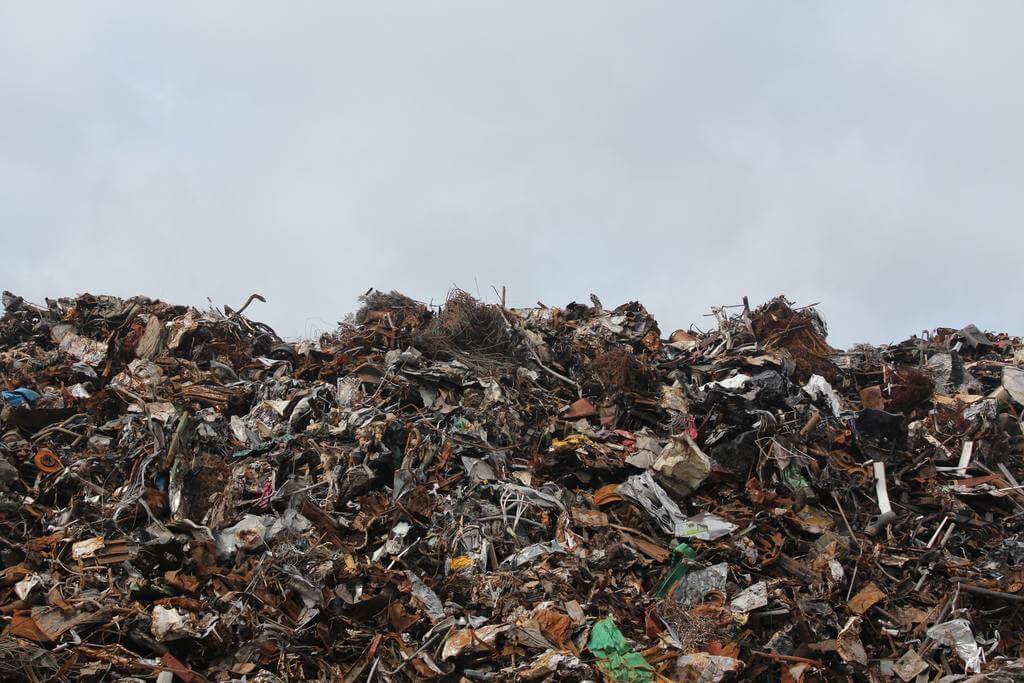

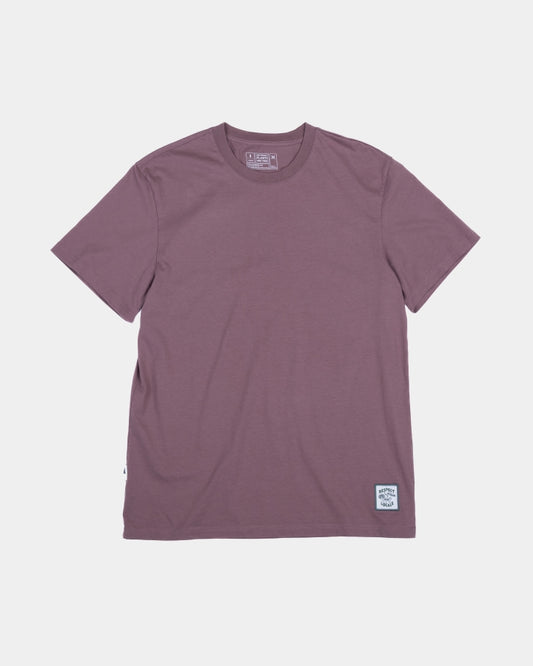
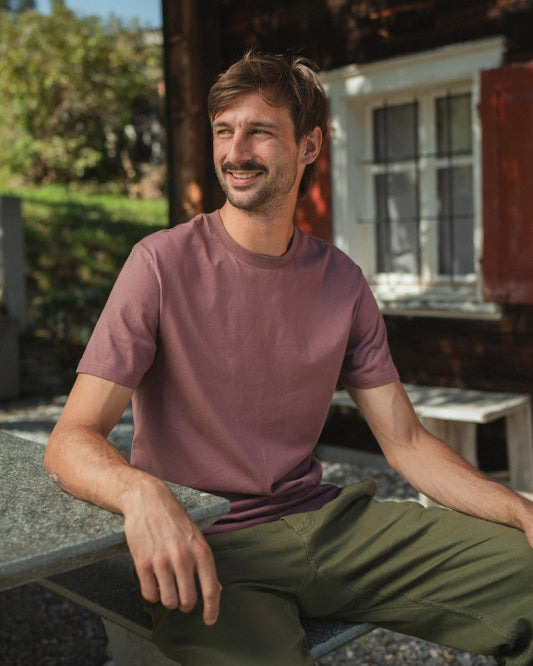
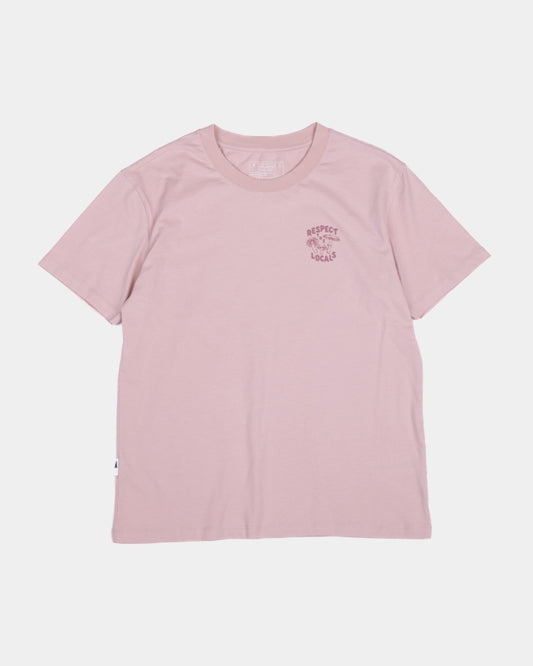
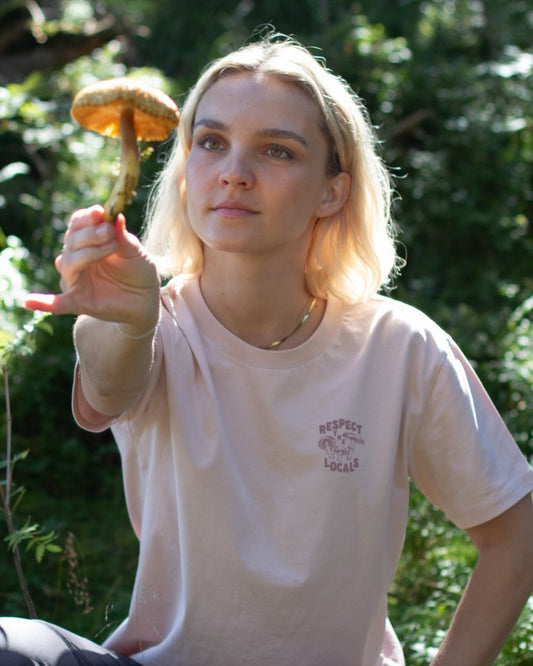




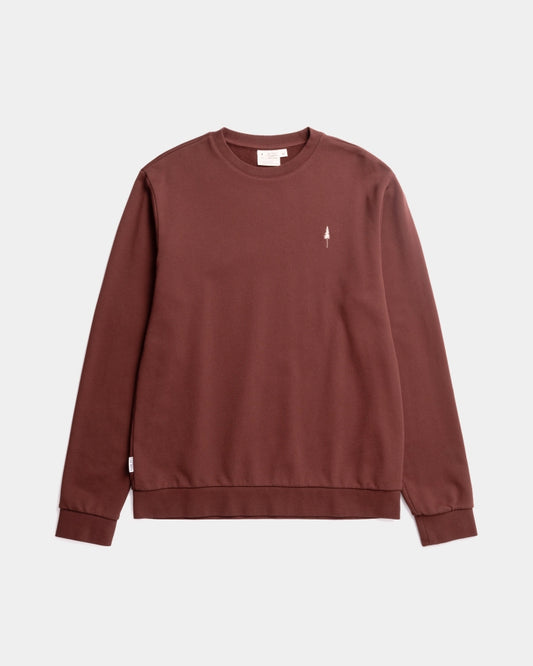
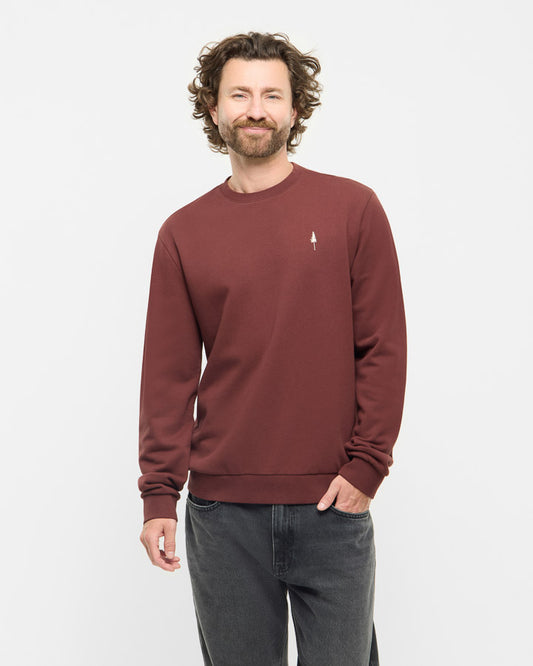
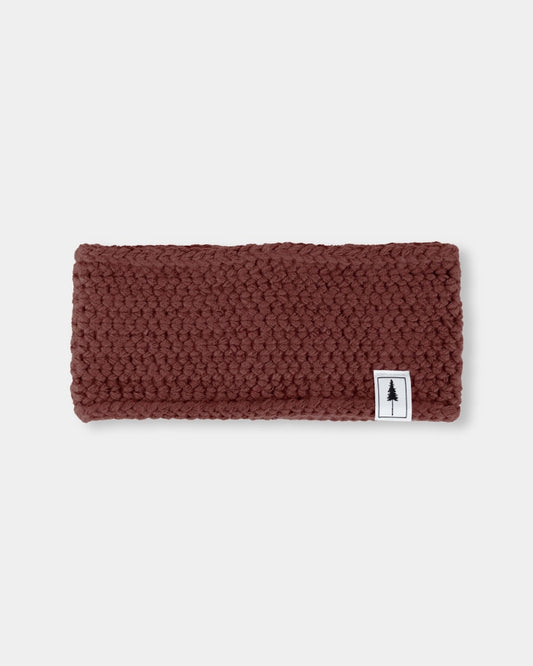

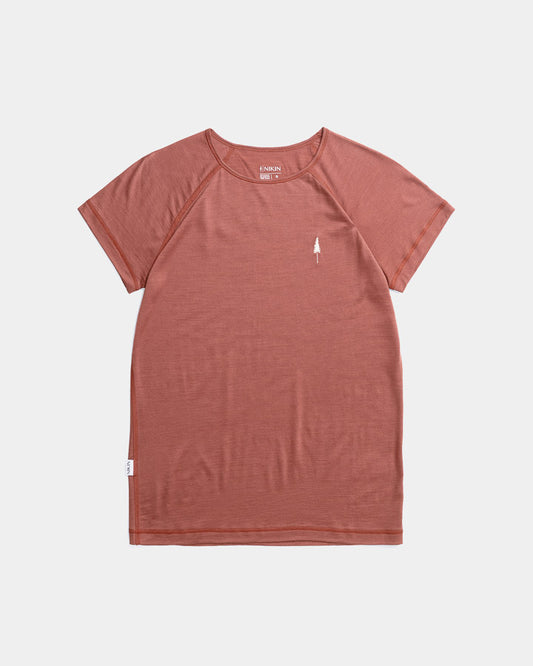

1 comment
is there a generic viagra viagra coupons viagra apotek roxy